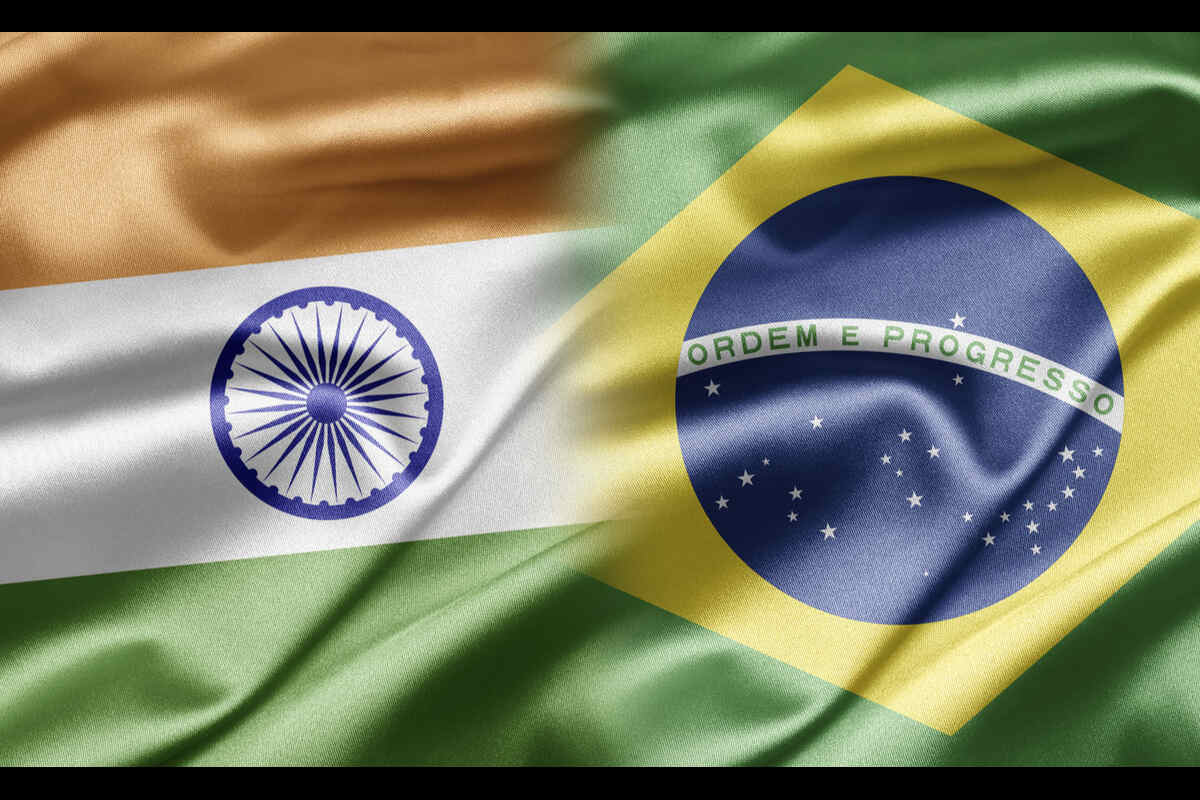
India, Brazil And Global South Reject US-Led International System
Allow trade to thrive. Become a US dollar-based currency. Incorporate American foreign policy into your own. These economic regulations, which have been a pillar of the global order in place since World War II, were drafted by the US and its Western allies. The Global South, or emerging nations, are quietly updating them at the moment.
The developing world sees an opportunity to design its own destiny. Former Indian foreign secretary Nirupama Menon Rao emphasizes the expansion of digital payments in her country to underdeveloped countries. According to the former ambassador to the US, “India’s outreach to countries in the Global South has been successful,” Bloomberg Television reported in June.
In part by insisting on manufacturing in their own countries, developing nations are rearranging a relationship from colonial times and claiming ownership of their resources. Ghana is getting ready to impose a lithium export embargo, joining Namibia and Zimbabwe in doing so. Lithium is crucial for electric vehicles. Exports of nickel ores were forbidden by Indonesia.
Instead of the US, China is making investments in EV battery installations in Argentina, Brazil, Chile, and Indonesia. In May, Indonesian investment minister Luhut Panjaitan remarked, “We can’t keep pleading with you. You may be upset with us for doing business with other nations, but we need to do it to exist.
Brazilian President Luiz Inácio Lula da Silva questioned “who decided that the dollar” should be all-powerful when visiting China in April. The Bank of Thailand is promoting new initiatives to diversify the currencies in its currency basket, which it uses to determine the value of the baht, making it less dependent on the US dollar. As countries in the area establish digital payment systems, Indonesia is strengthening its domestic currency markets, lowering the demand for dollars in daily transactions. A unified currency is being discussed throughout Africa.
Countries are no longer taking sides in disputes between the West and Russia or the US and China as a result of the addition of a geopolitical component. In February, 32 nations chose not to vote in favor of a United Nations resolution calling on Russia to leave Ukraine.
The actions of the big nations have alienated many in the Global South.
When leaders like Philippine Finance Secretary Benjamin Diokno and Bangladeshi Prime Minister Sheikh Hasina use versions of the phrase “we’re a friend to all,” it seems like they are reciting a script. When an American destroyer was agitated by a Chinese vessel in the Taiwan Strait in June, Asian military ministers at a conference in Singapore simply stressed averting violence.
South Africa refutes the assertion made by a US ambassador that it is giving Russia weapons for its conflict with Ukraine. Vietnam has been silent over Ukraine. Its former security cooperation with Russia, which dated to the Vietnam War, is the cause. In violation of US-led sanctions, India is purchasing Russian oil.
“Energy is not about altruism or philanthropy,” oil minister Hardeep Singh Puri told Bloomberg TV in February.
The great powers’ behavior has soured many in the Global South: the debt-ceiling debacle and further political disarray in the US, China’s saber-rattling and Brexit in the UK. Pew Research Center survey results show unfavorable views of China reaching historical highs. But the US has failed to capitalize on Chinese President Xi Jinping’s declining popularity. “Xi Jinping has been God’s gift to US alliance-building in Asia,” says Ashley Tellis, a former senior State Department official now at the Carnegie Endowment for International Peace.
Former US Trade Representative Mike Froman says the U.S. has given very little to offer a strong alternative. “They’re still not seeing what our vision for the future is,” he said in June on a podcast from Bloomberg s Stephanomics. To this end, the Global South decided to come up with its own vision.

















